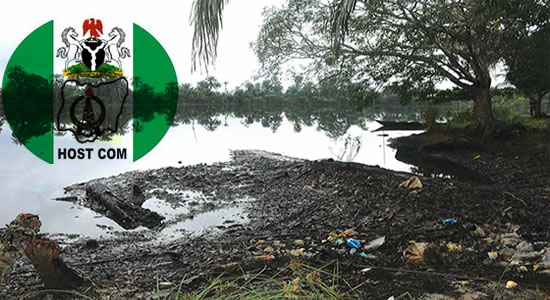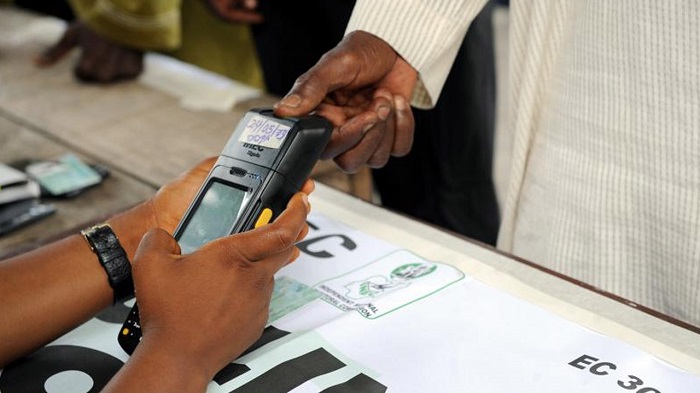The National Chairman of Host Communities of Nigeria Producing Oil and Gas, (HOSTCOM) and member of the Board of Trustees of Hydrocarbon Remediation Project (HYPREP), Mr. Mike Emuh has explained the reason why the Federal Government is yet to commence the Ogoniland cleanup exercise.
Emuh in a brief chat with Vanguard said the government was planning to engage a foreign firm that would convert wastes from the cleanup exercise to electricity. He added that another issue delaying the project was the search for a suitable dumpsite for the waste that would be evacuated in order for it to be converted.
'There was also a technical problem, which is if the cleanup takes up, where would the rubbish that was cleaned be dumped? Wherever it is dropped, it becomes toxic and becomes disastrous to health. Based on that, before the cleanup is started, you must have a site whereby the envisaged waste from the cleanup exercise can be converted to energy.'
“This type of arrangement is not yet practised in Nigeria. Get to Lagos and Kano and see the menace caused by wastes because of the population. If we are to carry out the Ogoni cleanup, we must have a company that would convert the waste to energy. That would also increase energy in the country.
The issue of the delay in the cleanup of Ogoni land, running to two years now, is as a result of the nature of what the project looks like scientifically. Africa and Nigeria, specifically is not used to remediation projects. It has not been done before in Nigeria. In terms of remediation, which is different from oil spillage cleanup, it has to do with getting back the original soil. A contractor, who is an expert in that, had to demonstrate.
The demonstration is to prove that chemicals can be put into the devastated land and the destroyed ecosystem can be revived and the original water bodies that had been polluted can return to its natural state. To demonstrate and prove that it can be done takes over one year, before the chemical can sink down and produce the result; before the ground begin to produce the normal plantations for which it was known for. That is what the contractors have done.
There is a little bit of relieve in the country and I believe that by June, many companies would have resumed, would have approved contracts for many companies to resume.”
He also hinted that 80 companies had applied for the cleanup project, although only one indigenous company has the required competence.
“Based on the Nigerian Content Act, the contractors are largely expected to be from Nigeria, but we discovered that only one indigenous contractor is qualified, that had what it takes, in terms of its demonstration at the site. The rest are foreign contractors.
“To demonstrate is capital intensive. You have to spend your own money until the contract is awarded to you. And you have to go for bidding based on public procurement laws. Those are the processes that the contractors are going through,” he added.
He expressed hope that the project would soon commence since it was captured in the 2018 budget.













)






